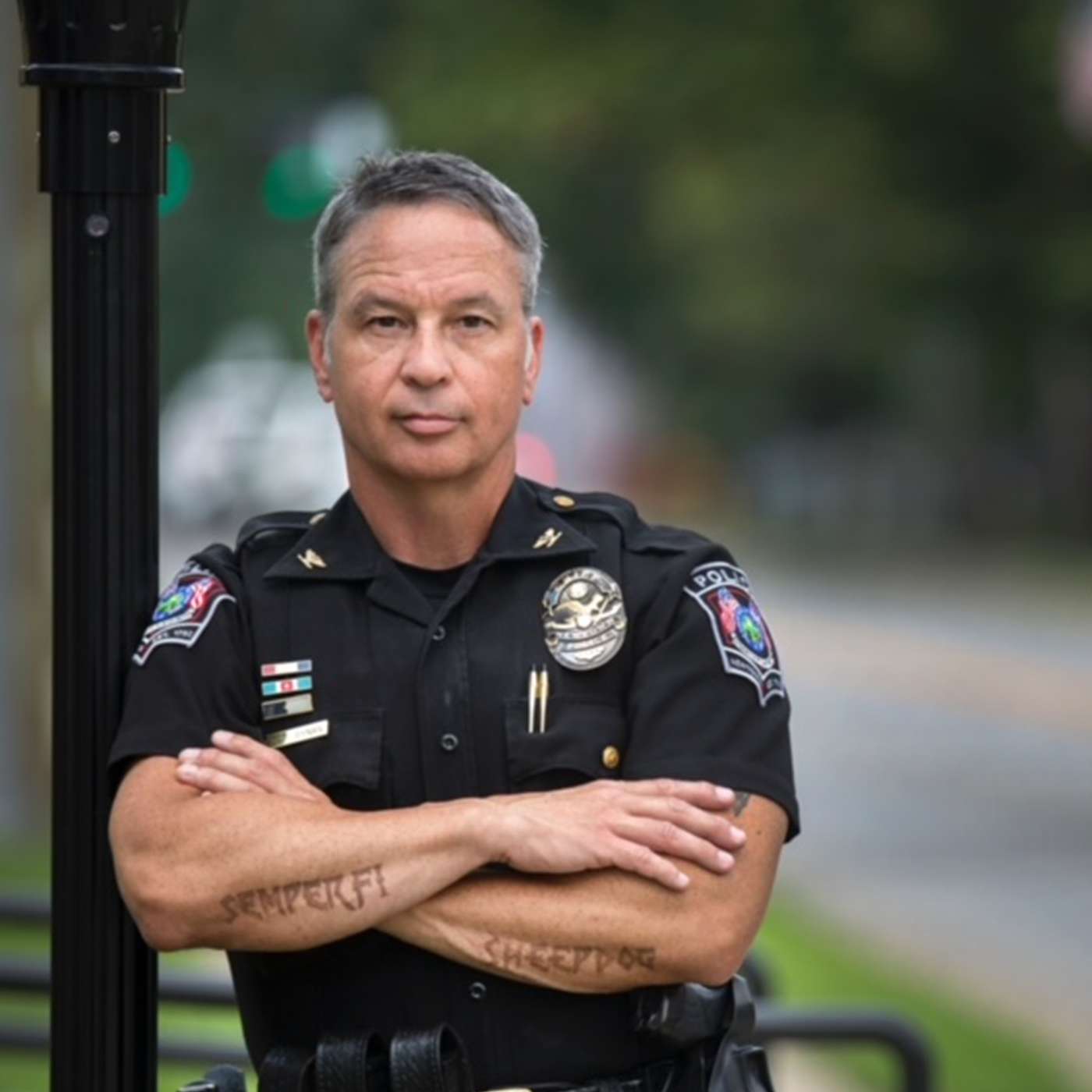Hard Corners with Tom Synan
Beyond Remission: A Story of Love in the World of Cancer
May 12, 2025
Season 2
Episode 4
Jesse Waits Media
Send a text
In this episode we speak with Gil and Meagan Guthrie. A young couple, still newlyweds and how Gil’s sudden cancer diagnoses turned their lives upside-down.
It is not just the physical that can cause the most trauma but the sudden reaction that life as you know it has changed. Plans, dreams, hopes not as certain as they once were. Fear and anxiety an understandable side effect when life has pulled the rug from under you. An understanding that resilience is not just overcoming, it is a raw, brutal and vulnerable acceptance of here is where I’m at and I’m not sure which direction I go from here.
This is a story of cancer. The lasting emotional impact of cancer. The power of love. And, faith in humanity where a complete stranger would give a part of themselves to save another’s life.
 Beyond Remission: A Story of Love in the World of Cancer
1:15:22
Beyond Remission: A Story of Love in the World of Cancer
1:15:22
 The Unspoken Forgiveness
1:32:58
The Unspoken Forgiveness
1:32:58
 The Resiliency of Forgiveness.
1:13:36
The Resiliency of Forgiveness.
1:13:36
 The Faith of Forgiveness
1:08:05
The Faith of Forgiveness
1:08:05
 Police Reform or Redefine Modern Policing?
1:47:54
Police Reform or Redefine Modern Policing?
1:47:54
 Understanding Psychedelics as Treatment
1:13:25
Understanding Psychedelics as Treatment
1:13:25
 Social Justice
1:23:21
Social Justice
1:23:21
 Understanding National and International Drug Policy
1:24:24
Understanding National and International Drug Policy
1:24:24
 The Chiefs Roundtable
1:38:59
The Chiefs Roundtable
1:38:59
 Fentanyl: What's Real? What's Myth?
1:19:26
Fentanyl: What's Real? What's Myth?
1:19:26
 Serial Killers & Mass Shooters: How Do People Get There?
1:00:43
Serial Killers & Mass Shooters: How Do People Get There?
1:00:43
 The Super Power of Empathy
1:06:12
The Super Power of Empathy
1:06:12
 Confidence in the Media?
1:23:27
Confidence in the Media?
1:23:27
 Generational Addiction and Empathy
52:25
Generational Addiction and Empathy
52:25
